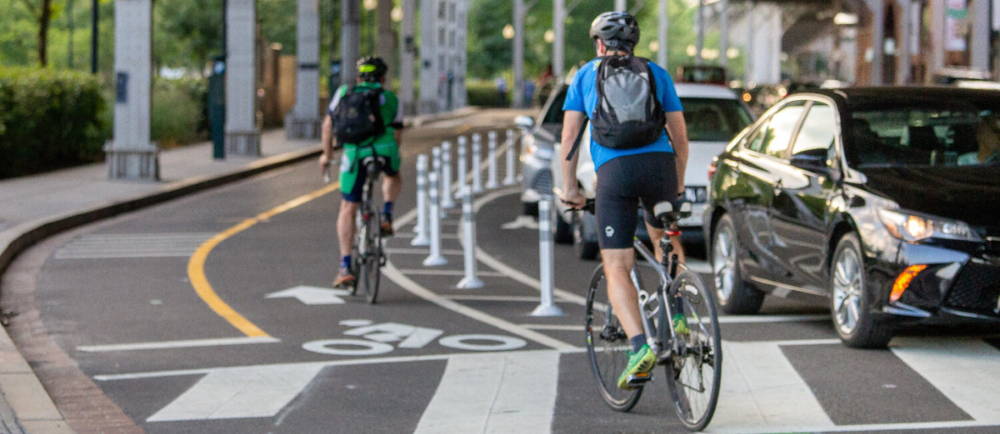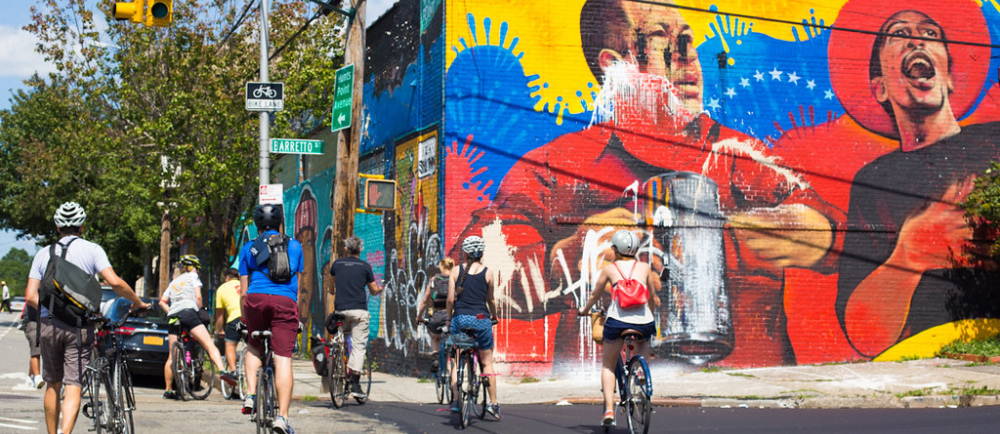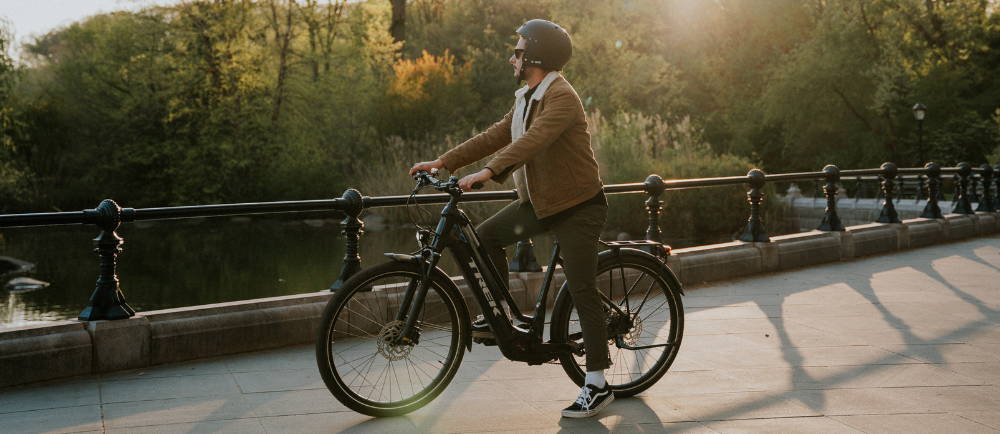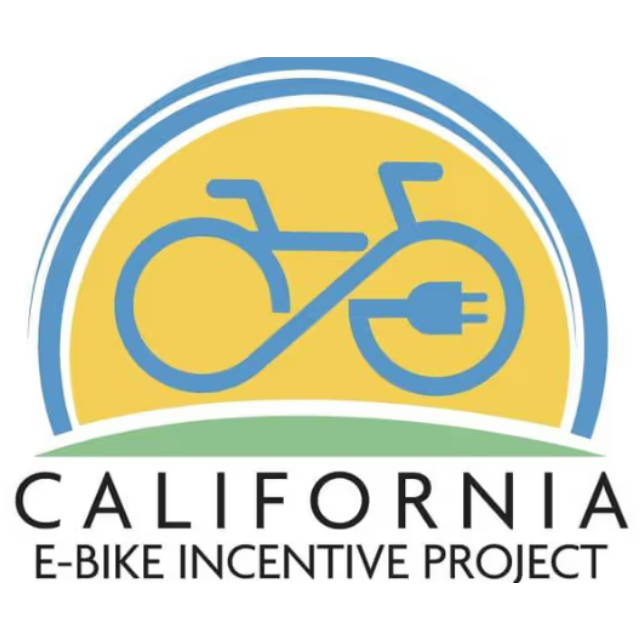How to Support Cycling Infrastructure in Your City
Written by: Rémy Rossi | April 22, 2025 | Time to read 5 min
Cities across the US are becoming more and more bike-friendly thanks to the hard work of local groups and grassroots organizing. Here are a few actions you can take to support cycling infrastructure in your town.

More about the Author: Remy Rossi
Rémy Rossi is a bike writer, mechanic, and educator who got his start in community-based bike shops and co-ops. With a decade in the industry, he still wrenches on bikes when he can and plays bike polo on a fixie.

Attend those meetings

Even in big cities, these meetings can often be small, so your attendance can make a real difference, indicating that there are residents that care about the issue. Bring friends, family, or other cyclists and show up in big numbers! You don’t necessarily have to talk or make a speech— the visual effect of a large number of supporters can be an effective tactic to push policy. These rooms are where a lot of the decisions happen and you’ll be able to stay better up to date with upcoming meetings or referendums, too. But get there early— the bike parking in the surrounding areas fills up fast.
Local bicycle advocacy groups

There are also state organizations that organize e-Bike incentive programs to help income-qualified residents buy new or used e-Bikes. These voucher programs are often inundated with high demand, showing the state that there’s huge interest in cycling and e-Bikes in the state. Upway is an approved retail partner for e-Bike incentives in Minnesota and California, featuring excellent models like a Class 3 e-Bike or electric mountain bike!
For more information, the League of American Bicycles and PeopleForBikes are great places to find out about cycling infrastructure, relevant policy, and ways to take action.
Organized bike events & rides

The Critical Mass movement started back in the 1990s in San Francisco and is now present in over 300 cities around the world. These monthly rides are a kind of political protest on bikes— a huge gathering of cyclists taking over the streets to gain visibility and support bike-friendly cities. Plus, these rides are just plain fun. Boston’s version is called “Boston Bike Party” and always has plenty of music, fun costumes, and party stops. The Chicago Critical Mass consistently boasts hundreds of participants, too.
Ride your bike!

Swap your car commute with a city e-Bike or transport your kids to school with an electric cargo bike! Every outing on your bicycle or e-Bike can be considered an act of protest against less eco-friendly forms of transport and car-centric cities.
🤝 Looking for a sweet deal?
Get an even better discount when you sell your old electric bike!
Click here for a price estimation!
Key Takeaways
- Show Up to Be Heard: Attending city council meetings—especially those focused on bike policy—can significantly influence decisions around cycling infrastructure.
- Get Involved with Local Advocacy: Local and state bicycle advocacy groups are essential for pushing forward new infrastructure and programs like e-Bike incentives.
- Ride and Be Seen: Simply riding your bike—especially during organized events like Critical Mass—demonstrates demand for bike-friendly infrastructure. The more visible and vocal the cycling community, the more cities are compelled to invest in safer, more accessible routes.


